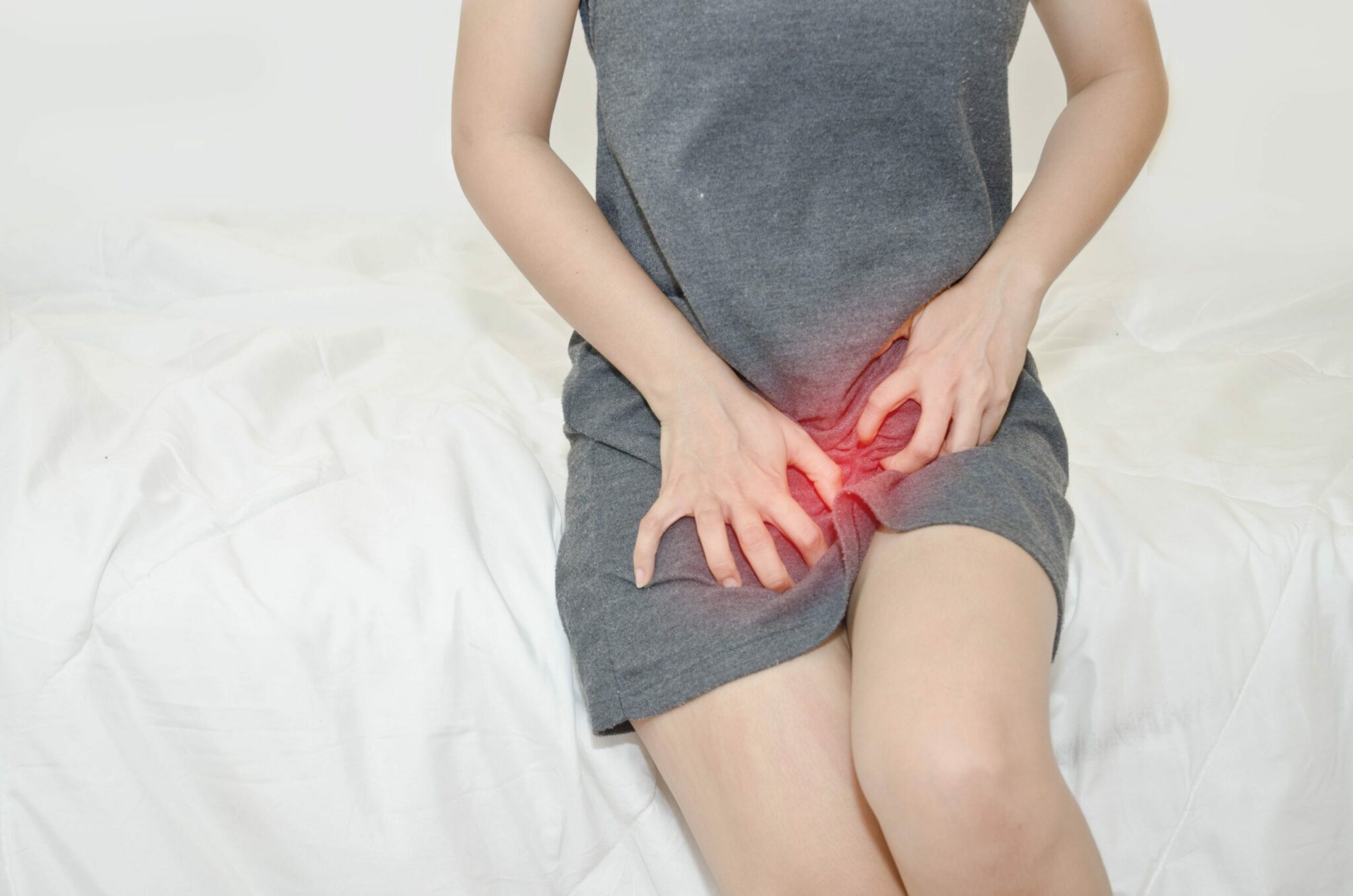هل من الطبيعي حدوث مزيد من الإفرازات المهبلية أثناء الحمل؟

Vaginal discharge (leucorrhoea) is completely normal; it starts just before puberty and lasts through to the menopause. It serves a valuable purpose, protecting the female reproductive organs from infection and providing lubrication. During pregnancy, it is not uncommon for levels of discharge to increase, providing increased protection. Normal discharge is clear or milky-white and odourless. Towards the end of pregnancy the discharge may contain pink streaks of a jelly-like substance. This is called ‘a show’ and suggests that labour will follow shortly.
If you have itching around your vagina as well as thick white discharge, it may be a sign of a yeast infection known as thrush. This condition is easily treated, but will require a visit to the doctor as not all antifungal medications are suitable for use whilst pregnant.
Read more about the changes accompanying pregnancy.










